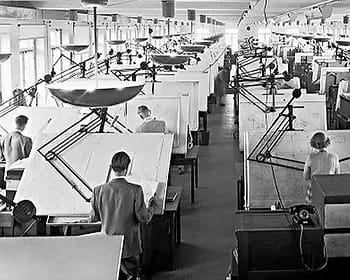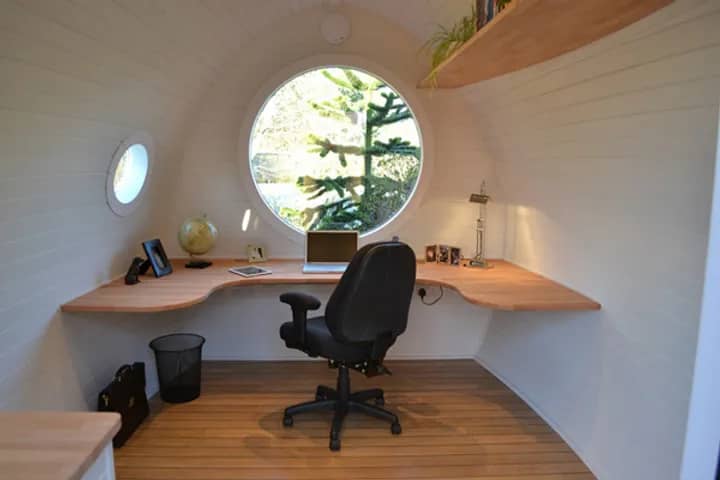Simon Sinek broke the internet talking about the angst of Millennials. Still, a simple conclusion is that expectations of how we live are changing whilst the way we pay for this life remains obstinately entrenched.
Since we, as a species, emerged from the soup, the societies we create and exist within have undergone continuous and relentless, albeit slow, change reflecting our evolving needs so what’s new? Well, from a social development perspective, pretty much everything.

Two hundred years ago, the world exploded with the industrial revolution. Every aspect of our lives changed with unprecedented speed, everything from how we’re educated (listen to Sir Ken Robinson, awesome!) to how we live, and how we work, became systemised. This 200-year-old, paper-based industrial system, has remained fixed, but in the last couple of decades, with the digital revolution, the rate of change has accelerated yet again. Everything in our lives is now mobile, adaptable, digital and on-demand but to fund this life, of unparalleled opportunity, we need to be in this place, at this time, for this long, 5, 6, 7? days a week.
Can you see the paradox?
So, to achieve a desired lifestyle, we have to work, that’s reasonable. But does that work have to impose a structure on our lives that conflicts with the opportunities available to us?
Matt Mullenweg, The CEO of Automatic, says no. In fact, in his experience of running a global tech company with nearly 2,000 distributed working employees, he believes that the Victorian employment structures imposed by most businesses stifle the individuals and as a result the potential of the business. Whilst his business is now well established, and the results demonstrable, it was born out of some simple principles:
- The way we work is one of the most significant defining elements of our lives but one over which we exercise very little control. Are we more likely to feel happy, motivated, content, satisfied and fulfilled if we have control over our environment or one imposed on us?
- Less of our precious time is wasted commuting and on erroneous office activities.
- He also claims a moral & environmental imperative citing less travel & fewer resources consumed as a good enough reason in themselves. Who’s heard more birdsong and smelt fresher air during the C19 lockdown? If you can, you should.
There, I’ve mentioned C 19!

We’re in the midst of a pandemic which, whilst dreadful, could be the spark of significant change but for change to stick it needs to work long term so it’s important to see the difference between where we are and where we could be. Whilst working from home has been a workable short-term solution to keep business running, it’s a long way from what ‘distributed working’ could or even should be. The most obvious setback being that our homes probably aren’t set up for it (my sister has a desk under her stairs), and we’re all here at the same time. In a more normal world, we’re not balancing the need to work, with homeschooling, in an unprepared environment, with everyone around us going lock-down crazy!
There are different interpretations as to the best way to make this work. Matt identifies five levels of, or I guess steps to, the Nirvana of distributed working.
- This is the phone, iPad or laptop option to being office-based. I can work away for a day or two and get things done, but there’s so much I can’t do unless I’m at my desk.
- Level 2 is what a lot of businesses currently consider distributed working to be, which is doing the same thing somewhere else. Your location changes but working practices stay the same. Everything is assumed to be synchronous with everyone working at the same time. Recreating the same factory model just in a different space.
- At level 3 technology starts to kick in with video meetings using live shared documents, real-time updates and progress. This transition typically requires a step up in technology, ensuring fast connection and good-quality video or audio. Your old computer or budget home broadband will start to struggle here. Here we start to notice flexibility in the way we work.
- This is the A-synchronous leap forward where people start to design their days around their lifestyles. Not everyone is working at the same time, and they’re assessed on what they produce not how long they’re at their desks. I’m at my most productive early in the morning so that I can get out on my bike in the afternoon. Pick the kids up from school and have a couple of hours with them before wrapping the day up with a couple of hours back at my laptop. Targets met, the business achieved, salary secured, a life lived.
- This is where all this comes together, how you live and how you work, with the result that we can deliver our best work, in a way that suits us, from any place, anytime.
There are possible obstacles or even downsides to this. For a start, it requires a level of trust, communication and self-reliance that perhaps doesn’t currently exist in some organisations. Changes in established practice will generate trips and falls that may make the transition too difficult to sustain. There will almost certainly be challenges around mental health and isolation claiming the office is a social space, in an increasingly virtual world, but if these challenges can be identified, they can be resolved. If we approach change with an infinite mindset, looking at the long-term opportunities rather than the short-term obstacles, this provides us with a platform to create a business environment that can adapt and change with the rest of society. It may not work for everyone, but, if implemented right, there are real commercial benefits to distributed working.
Ortus has an infinite business strategy putting valued, inspired and purposeful people at the centre. We aspire to create an environment that enables our colleagues to have:
Mastery – The ability to grow and develop in their professional role and in their own lives.
Autonomy – The freedom and agency to control their environment and activity.
Purpose – We see something bigger than ourselves in what we do, more significant than a paycheck.
With these principles, we’re motivated to seek and deliver continuous improvement for ourselves, the business and our clients.
There were two principal references in pulling together this article being the ‘Making Sense’ podcast with Matt Mullenweg and ‘The Infinite Game’ a book by Simon Sinek. Both of these are well worth your time. You can listen to Sam Harris in a discussion with Matt on www.samharris.org, which is a far more inciteful and detailed investigation of the concept than this brief article.
Wishing you all the very best success, whatever that looks like for you, in a bright and adventurous future.
Tony Horsey, working close to the beach and the moors in Devon.

